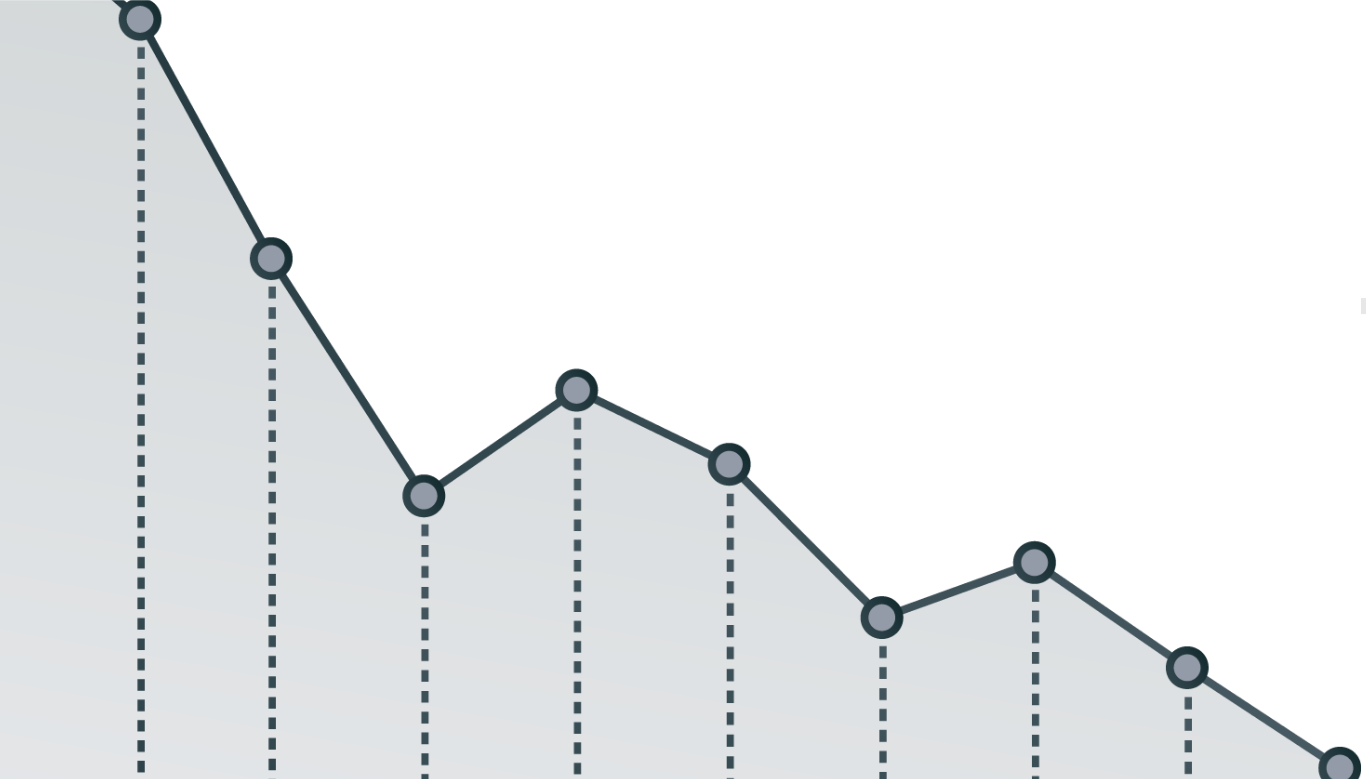In last week’s post, I talked about how you can see major changes in your body — and your overall health — without seeing much change on the scale. It’s one of the biggest frustrations I hear from people: “I’m doing everything right, so why isn’t the number moving?”
If you’ve ever felt that way, you’re not alone. But if you’re going to continue using the scale, there’s something important you need to understand: the scale is just data. It’s not a report card on your worth, your effort, or your success.
The number you see is simply a reflection of your relationship with gravity at that exact moment — and it’s influenced by a lot more than just fat loss or gain.
Why the Scale Fluctuates (and Why That’s Normal)
Your body weight changes constantly — even within a single day — for reasons that have nothing to do with failure or lack of progress. Here are some of the biggest factors that cause normal fluctuations:
- Water retention. Sodium and hydration levels can shift how much water your body holds onto. You can gain or lose several pounds of water in a day, and it means nothing about body fat.
- Exercise and inflammation. A tough strength workout, long run, or hard workout causes temporary inflammation as your muscles repair. That can make the scale go up — even though your body is getting stronger.
- Hormones and menstrual cycles. Estrogen and progesterone affect how much water your body retains, so it’s normal for the scale to climb several pounds during your cycle.
- Carbohydrate intake. Glycogen (your body’s stored form of carbs) holds water — about three to four grams for every gram of glycogen. So if you’ve eaten more carbs than usual, you’re holding more water, not more fat.
- Digestive changes. Food still in your system, fiber intake, and even bathroom habits can all temporarily affect weight.
- Sleep and stress. Poor sleep and higher cortisol levels can impact hydration and water balance too.
Why You Might See a Big Drop at First
If you’ve ever started eating healthier or following a new nutrition plan and seen a big drop on the scale right away — only for it to slow down a few weeks later — here’s why that happens:
When you first clean up your eating, your body often releases excess water it was holding from higher sodium or carb intake. That can show up as a quick few pounds lost on the scale.
For example, you might notice:
- Week 1: down 4 lbs
- Week 2: down 2 lbs
- Week 3: down 1 lb
- Week 4: no change
That pattern is completely normal. You didn’t “mess up” or “plateau” — your body just isn’t losing as much water. At that point, any weight change is slower because it’s more reflective of actual fat loss, not just water fluctuations.
So if you’ve been eating nutritious foods, moving regularly, and feeling better overall, keep going. The scale slowing down doesn’t mean your progress has stopped — it means your body is settling into real, sustainable change.
How to Build a Healthier Relationship with the Scale
I completely understand if you can’t just stop using the scale cold turkey. BUT if you want to keep the scale as a tool, here are some ways to make it work for you — not against you:
- Be consistent with timing and conditions. Weigh in at the same time each day (or each week), ideally in the morning after using the bathroom, before eating or drinking.
- Look for trends, not single numbers. One day means nothing. Watch how things move over time — weekly or monthly averages give you a much clearer picture.
- Track other forms of progress too. Pair your weigh-ins with measurements, progress photos, and how your clothes fit. These often reveal changes long before the scale does.
- Detach emotion from data. The scale can inform your choices — but it doesn’t define you. Whether it goes up, down, or stays the same, what matters most is the behavior behind the number.
When you start to view the scale as data, you take back control. You stop giving a single number the power to decide how you feel about yourself — and instead, you use it as one small piece of the bigger picture.
You are not a number. You’re a work in progress — one that’s learning, growing, and getting stronger every day.


